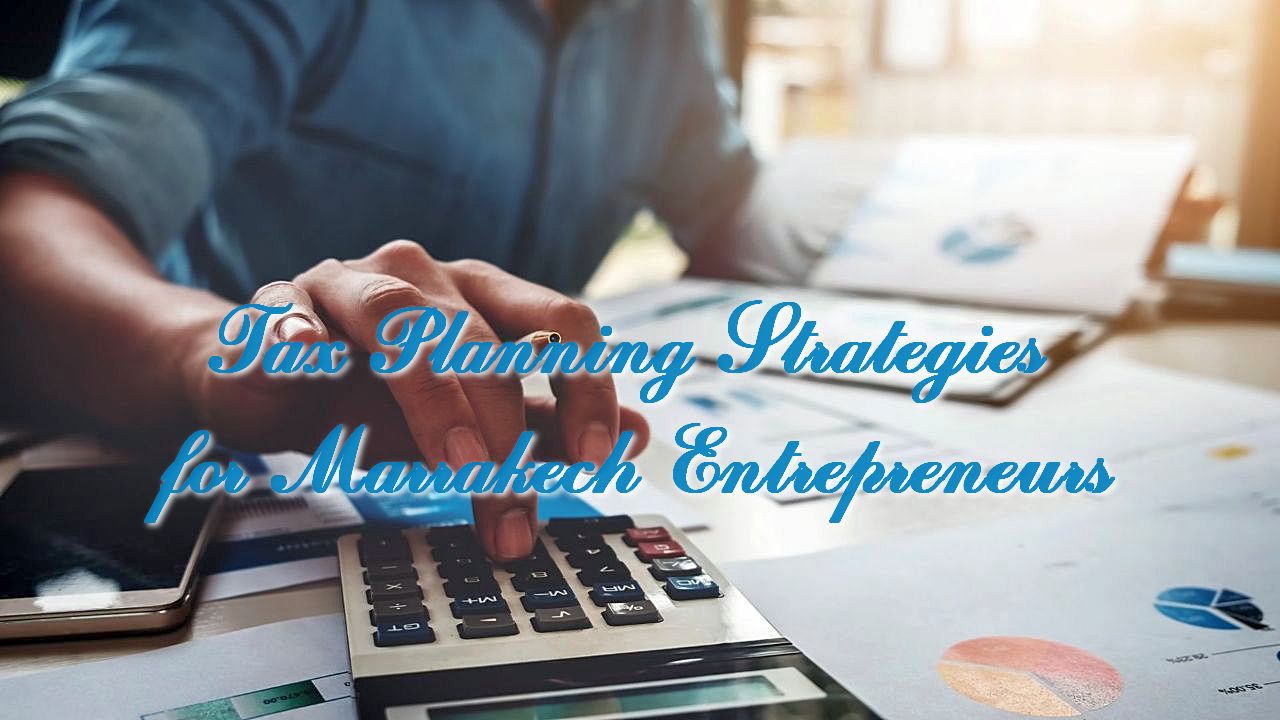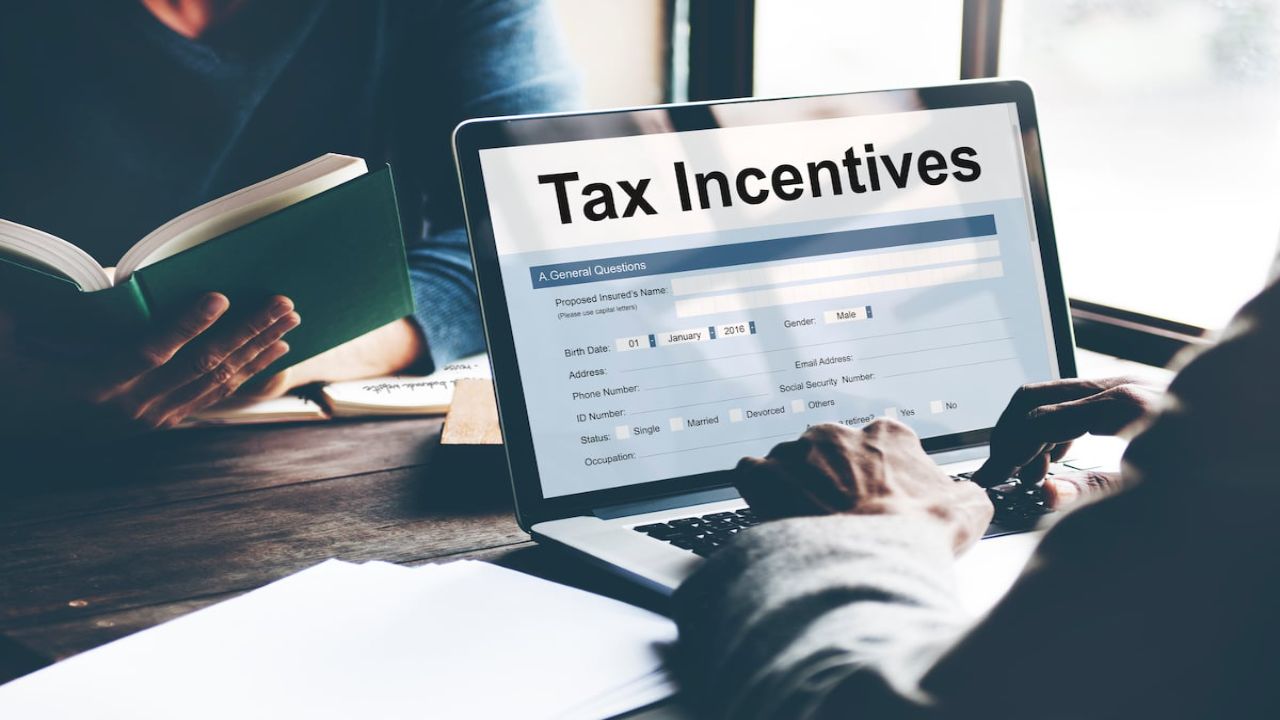Posted on January 22, 2024

Tax planning is a crucial aspect of financial management for entrepreneurs, as it allows them to optimize their tax liabilities and ensure compliance with local tax regulations. Marrakech, known for its vibrant business environment, offers various opportunities for entrepreneurs, and effective tax planning can significantly contribute to the success of their ventures. Below are five tax planning strategies designed specifically for Marrakech entrepreneurs. If they are not enough and you need professional tax assistance, please visit https://taxhelpusa.com/tax-relief-services/tax-resolution/irs-fresh-start-program/. Who knows, it may be your best option.
Understanding Local Tax Regulations

Before implementing any tax planning strategy, entrepreneurs in Marrakech must have a comprehensive understanding of local tax regulations. Morocco has a unique tax system, and Marrakech, as one of the major economic hubs, may have specific provisions that impact businesses. Staying abreast of changes in tax laws and seeking professional advice ensures that entrepreneurs are well-informed and can adapt their strategies accordingly.
Optimizing Business Structure
Choosing the right business structure is a fundamental tax planning strategy. Entrepreneurs in Marrakech should evaluate whether operating as a sole proprietorship, partnership, limited liability company (LLC), or corporation is most advantageous for their tax situation. Each structure has its own tax implications, and selecting the one that aligns with the business goals and minimizes tax liabilities is essential. For instance, an LLC may offer flexibility and pass-through taxation benefits, while a corporation might provide advantages like lower corporate tax rates.
Taking Advantage of Tax Incentives

Marrakech, like many other regions, may offer tax incentives to encourage specific business activities. Entrepreneurs should explore and leverage these incentives to reduce their overall tax burden. Incentives may include tax credits for hiring local employees, investing in certain industries, or engaging in research and development activities. Staying informed about available incentives and incorporating them into the business strategy can lead to substantial tax savings.
Implementing Effective Expense Management
Proper management of business expenses is crucial for tax planning. Entrepreneurs should keep detailed records of all business-related expenses, ensuring they are legitimate and supported by appropriate documentation. This includes expenses related to travel, entertainment, office supplies, and more. By maximizing deductible expenses, entrepreneurs can reduce their taxable income, ultimately lowering the amount of taxes owed. Moreover, separating personal and business expenses is essential to avoid complications during tax filing.
Strategic Use of Tax Credits and Deductions
Marrakech entrepreneurs should explore available tax credits and deductions that apply to their specific industry or business activities. For instance, there may be deductions for capital investments, training expenses, or contributions to certain social programs. Understanding the eligibility criteria and requirements for claiming these benefits can significantly impact the bottom line. Entrepreneurs should work closely with tax professionals who can identify opportunities for tax credits and deductions, ensuring they are fully utilized.
https://www.youtube.com/watch?v=lQn0JeBRezU&ab_channel=Edspira
In conclusion, Marrakech entrepreneurs can enhance their financial health and business sustainability by implementing effective tax planning strategies. Understanding local tax regulations, optimizing business structures, taking advantage of tax incentives, managing expenses judiciously, and strategically using tax credits and deductions are key components of a comprehensive tax plan. By proactively addressing their tax obligations, entrepreneurs can focus on growing their businesses and contributing to the economic prosperity of Marrakech. It is advisable for entrepreneurs to seek guidance from tax professionals who can provide personalized advice based on their specific business circumstances and the ever-evolving tax landscape.

